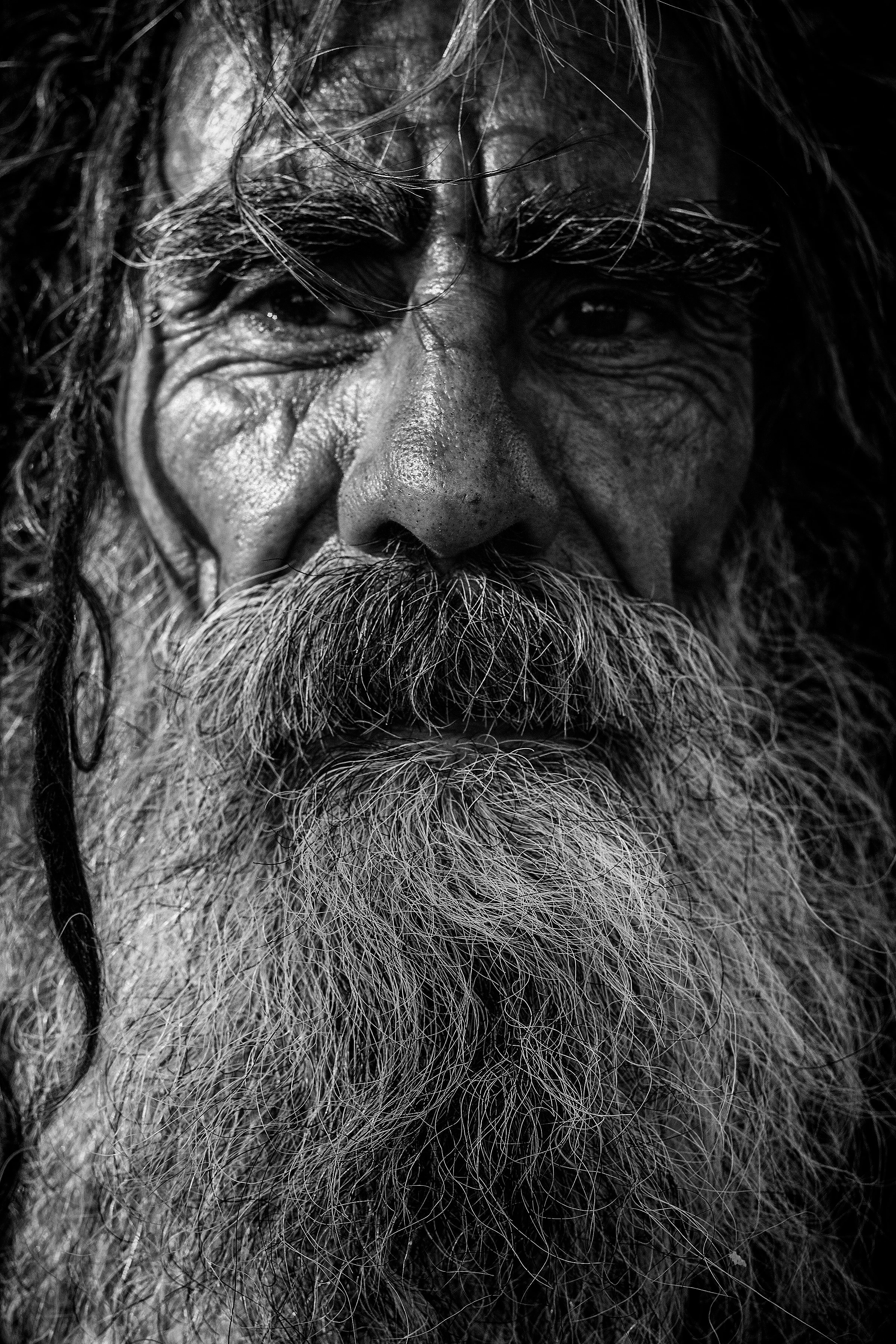BE A REAL MAN
What the hell does that mean—be a real man? Historically it has meant things like: sacrifice yourself, take care of others, don’t feel, be competitive, win don’t lose, destroy your opponent, don’t trust, go numb in the face of pain, and above all, don’t be vulnerable. It often included being hard drinking, hard fighting, and promiscuous.
With Robert Bly’s groundbreaking book, Iron John, that kind of definition was drawn into serious question. Bly started men on a path of examining the value of their father’s way of being, and why they themselves felt so adrift, lonely, and lost as men.
Bly states that a boy needs to see his father, spend time with him, and witness the father’s work. When the father leaves in the morning, comes home late, is irritable or abusive from an inability to deal with the demands put on him, and retreats from the family—the son is lost. A hole opens in the son’s psyche and fills with suspicion about who men are and what he is to become.
Bly goes on to say that women have tried to compensate for the lack of the father to no avail. They can’t do it. Why? Because they’re women, not men. The mother has an opposite role of the father. Her role is to take in, nurture and protect the son in kind of safe, soft, loving embrace. The father’s role is to transmit a different kind of love. The father’s love is direct, assertive, loving, but with an edge that teaches the son to cut away from the dependency bonds of the mother and to come into his own powers as a man. Both are equally valuable, but with the advent of the industrial and information ages, the distance between father and son has become so great, the father’s teachings often get lost.
Bly goes on to explain that a kind of psychic food passes from father to son when they spend time together in a safe, committed way. The son learns to trust his masculinity, his ability to problem solve and make decisions, and his healthy warrior—a ferocity that is both nurturing and empowering.
When the father is absent or dangerous or both, the son tends to cling to the “mother’s world”, the only place of safety. This leaves the son in a terrible state, unable to move forward, and without the help he needs to “break out of the mother’s orbit and enter the world of men.” He may remain a child in many ways: unable to make decisions, staying near the family when he has opportunities to make his own way, feeling perpetually victimized, lacking the steel in his character that will help him cut through the difficulties of life, falling into addictions of all kinds, etc.
Historically tribal cultures understood not only the need for the fathers at home, but the necessity of ritual to inform the son of how to transition from boyhood to manhood. Boys would be taken away from their mothers to islands where they were initiated into the society of men.
Without these rituals many men are stunted in their psychological development. The shadow side of this inability to develop can be deeply dangerous: dictators, corporate executives who ignore the environment (the Dakota Pipeline comes to mind), addicts, wall street bankers who gamble with the nation’s economy, and war mongers are just a few examples of the kind of men who come about when not given the help to access their mature masculinity. In essence, they are frustrated, scared children in adult bodies.
Another form this lack of ritual can take is what Bly calls, the "soft man." This man is overly sensitive, afraid to assertive himself, and compassionate with others to the point of impotentence. He lacks the reslove, steel, and fierceness of the warrior. He often regards anger as dangerous and is quick to sacrifice himself. He might ask the question, "Why don't I get what I want when I'm so nice to everyone?"
Today men are getting smarter. Men’s retreats are being held throughout the world to help men repair and regain the lost teachings of their fathers. In these retreats men learn to trust the love of men, to risk with each other, to regain their warrior spirit, and to honor the earth. Bly himself did these retreats for many years in Minnesota. Today Mankind Project (mankindproject.org) leads retreats and offers ongoing support for men who are struggling to make their way in the world. Therapy can be a way to regain the teachings of men, especially group therapy. Below is an interview done by Bill Moyers (a man with mature masculinity as a journalist) with Robert Bly.
Take a look:
